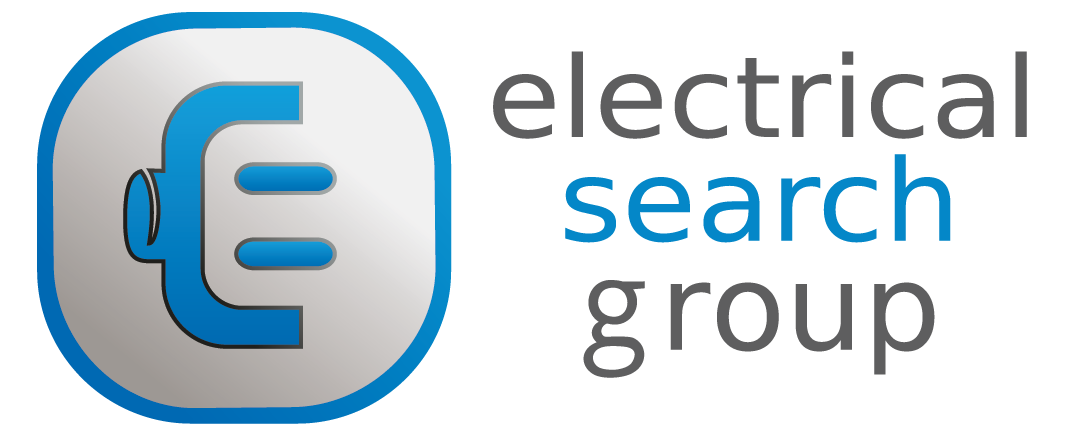In the modern workforce, it is common to witness multiple generations working alongside one another. Many Baby Boomers are retiring later in life and working alongside Gen X-ers and Millennials. At times, these generational gaps can cause tension due to individual expectations, ethics, and the flow of the workplace.
However, while these differences can cause frustration among employees, a recent Forbes poll indicates that 43% of top employers actually favor a multi-generational workforce. These companies recognize that despite some challenges, each generation can bring something valuable to the table, and make a meaningful contribution to the workplace.
Although we highly encourage the importance of evaluating a candidate or employee on an individual basis, ESG explores some of the common characteristics and stigmas experienced by each generation, and insight on reconciling those differences for a much more pleasant and productive work environment.
GENERATIONAL FEATURES & EXPECTATIONS
BABY BOOMERS
In the workplace, one of the top typical traits of a Baby Boomer employee is their loyalty and dedication to their company. Their competitive and strict work ethic dictates a willingness to put in long hours at the office, and a high value placed on status or job titles. Typically, they’ve developed a highly qualified skill set particular to their roles held in the same few companies they’ve remained loyal to over the years. They often feel rewards are the result of blood, sweat, and tears, and not everyone can reap them.
How to Best Manage
For many Baby Boomers, their extensive experience yields great communication, but in a specific context. They feel more at ease in face-to-face conversations, versus email or other types of electronic communication. Employers can benefit from placing Baby Boomers in positions where they can effectively employ their interpersonal skills. Additionally, employers may want to offer a physical handout or verbal reminder for important notices, to supplement those office-wide emails.
The Boomer work ethic renders them a generation of great team players, but also poised for positions as mentors or leaders. They are highly reliable and diligent problem-solvers, and are committed to being a hard-working, valuable employees.
GENERATION X
Gen X-ers tend to have closer similarities in ethics to Baby Boomers, but with a more cynical twist. Both are often adept at breaking down larger projects and delegating them as more manageable tasks; which explains their natural ease into leadership positions. They also feel rewards and promotions are given to those who put in due time and genuinely earn them. Gen X-ers are highly independent and self-sufficient, and tend to expect the same of others. Frequent collaboration or delivering effusive praise are not their strong suits.
Gen X-ers also tend to stay complacent in their current positions or routines, even if they have new ideas or are struggling with problems in the workplace. Remember, these were the “latch-key kids”, and that attitude of self-reliance can be quite ingrained.
How to Best Manage
Employers can use Gen X-ers’ propensity for independence to their advantage on projects where there is not enough time or resources to micromanage each step. Conversely, those assigned a project by a Gen X-er may want to ask explicitly for their expectations, as they may not be forthcoming in their initial directions. This is also a generation filled with skeptics, so be prepared to back a new proposal or change with hard evidence or specific reasoning to elicit a favorable response. Employees subordinate to a Gen X-er need to remember that praise comes sparingly, but if it does, it is genuine.
On the same token, Gen X-ers are more motivated when they feel valued by their superiors and their efforts are recognized. Giving them opportunities to voice their concerns can also relieve some frustration, and ultimately help retain them as valuable employees.
GEN Y / MILLENIALS
Generation Y, or the Millennial generation, typically approach their career or workplace with a markedly different attitude than their older counterparts. Often seen as “high maintenance,” this generation was raised on technology, is used to flexible work environments, and often expects a better work/life balance. While Boomers and Gen X-ers often remained committed to their companies for 20, 30, even 40 years, the Millennial generation has no problem moving on to bigger and better things if opportunity calls.
Often, Millennials will even create opportunities for themselves. Unlike Generation X, their thirst for change tends to surpass the confines of any comfort zone and they’re willing to dive right in to follow that entrepreneurial itch.
How to Best Manage
Older generations complain that Millennials are too focused on extrinsic rewards and benefits their job will provide, instead of putting in their time to work to the top. However, employers can use these as incentives for motivating their Millennial employees.
Millennials also want to enjoy working for a company that values them as an individual, and affords transparency and on-going conversations with all employees. Employers can benefit from the fresh, innovative ideas of the Millennial generation, and take advantage of their digital prowess when it comes to marketing or connecting their products/services to the younger generations.
BRIDGING THE GAP
So how does a company reconcile these generational differences to ensure a functional, streamlined workforce? Some decisions are fairly easy to manage, such as placing a Millennial in a dynamic position that requires multiple communication channels over a Baby Boomer who may be more comfortable engaging person-to-person or with tangible components.
However, you may require help in strategically building your team to perform at its best. An industry-specific recruiter can help evaluate which skill sets and personalities work together most effectively, and help re-establish balance in the workplace. Your recruiter can also help in educating companies and employees on the differences and expectations among the generations, and how to successfully handle and respond to the problems which seem to cause the most discord.
MICRO-GENERATIONAL GAPS
It is worth mentioning that even within a generation, there are micro-generational gaps. For example, young people around 28 to 35 have spent a large amount of their lives on Facebook and Twitter, whereas 18- to 25-year-olds are more likely to be familiar with newer platforms like Vine and Snapchat. In order to address these micro-generational gaps, it is best practices for HR managers to do their diligent research on the different age groups they plan to hire, or speak to an expert such as Electrical Search Group when making hiring decisions.
ELECTRICAL SEARCH GROUP
For industry-specific consultation and recruiting, Electrical Search Group is highly trusted and specialized in connecting electrical construction candidates with top commercial and industrial contractors. ESG works closely with candidates and clients, providing expert knowledge and tailored recruiting strategies to benefit each need. Our ‘territory system’ provides regional managers to serve specific areas of the United States. We are committed to the highest ethical standards and respect the privacy of both our partners and potential candidates.
Explore our website, read more of our blogs, or visit our contact page to reach out to us.









